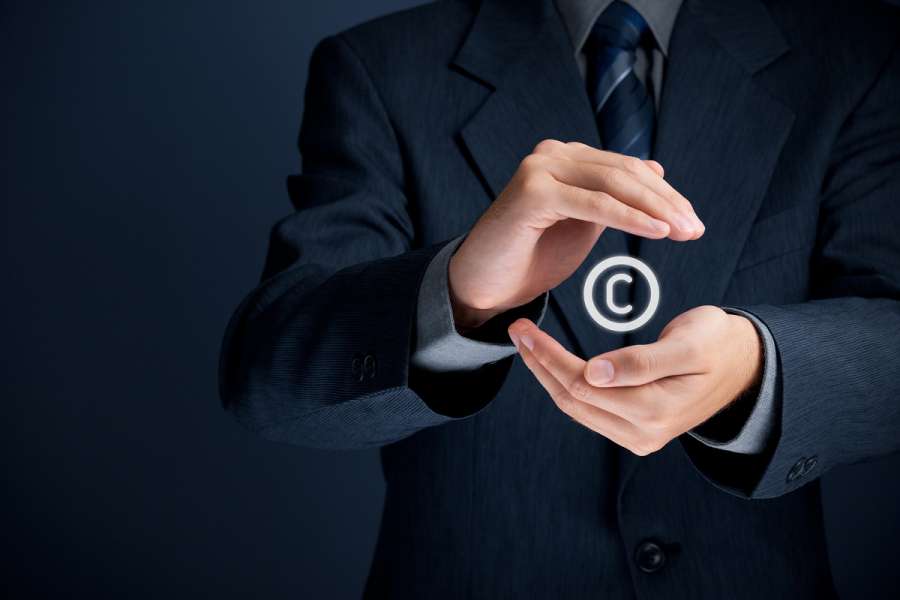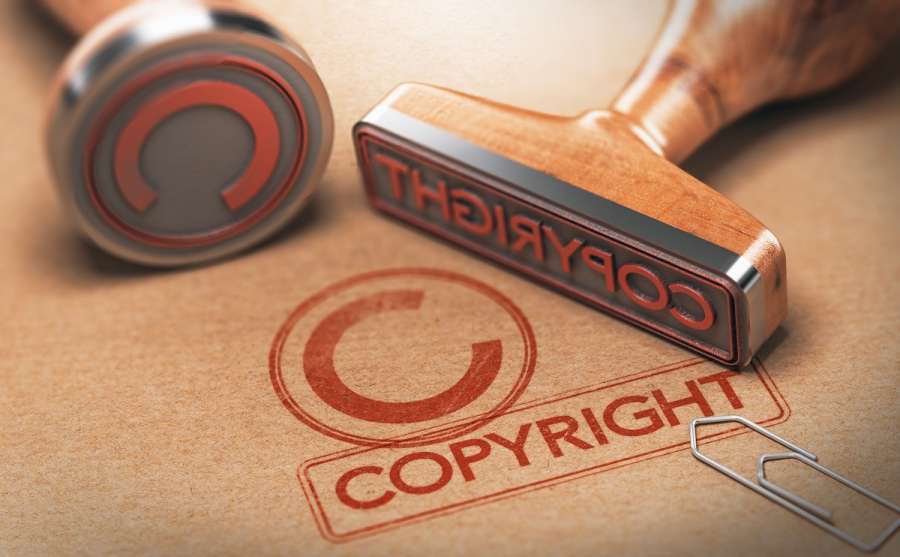Ed Sheeran is no stranger to copyright claims.
Only last year, he successfully fended off a copyright infringement claim brought against his song Shape Of You.
This time, Ed was required to appear in a Manhattan courtroom to defend allegations of copyright infringement against his Grammy award-winning song Thinking Out Loud.
The infringement claim was brought by the heirs of Ed Townsend, who co-wrote 'Let's Get It On' with Marvin Gaye.
The heirs alleged that Sheeran's Thinking Out Loud copied harmonic progressions and melodic and rhythmic elements from Let's Get It On without permission.
Although this case is subject to US copyright law which differs from UK copyright law, it is a case that the global entertainment industry has closely watched, and we have therefore discussed some of the highlights of the case and the final decision below.



